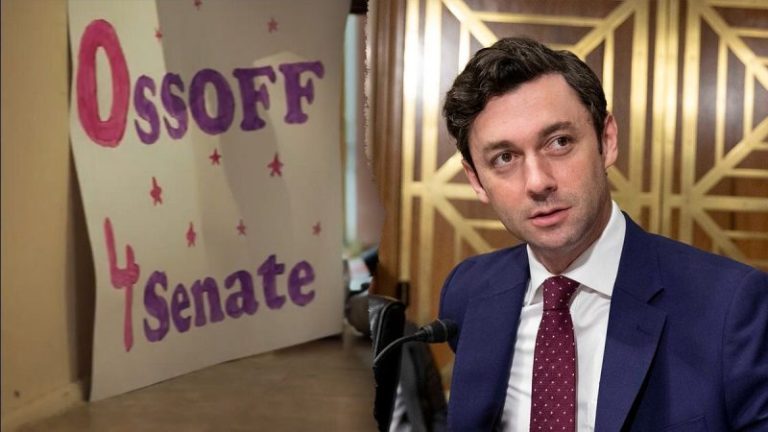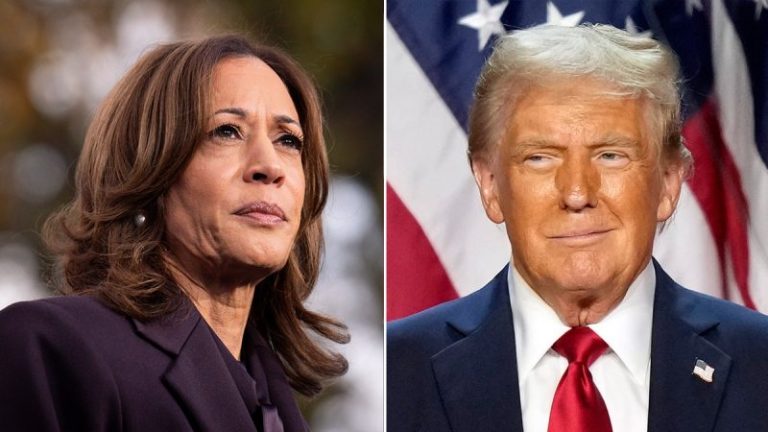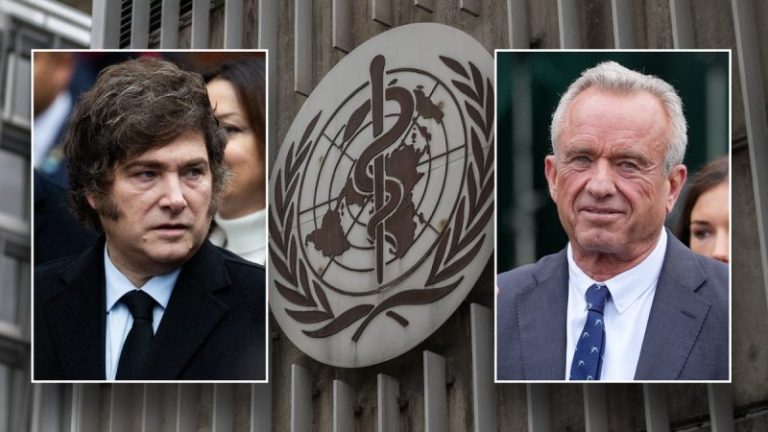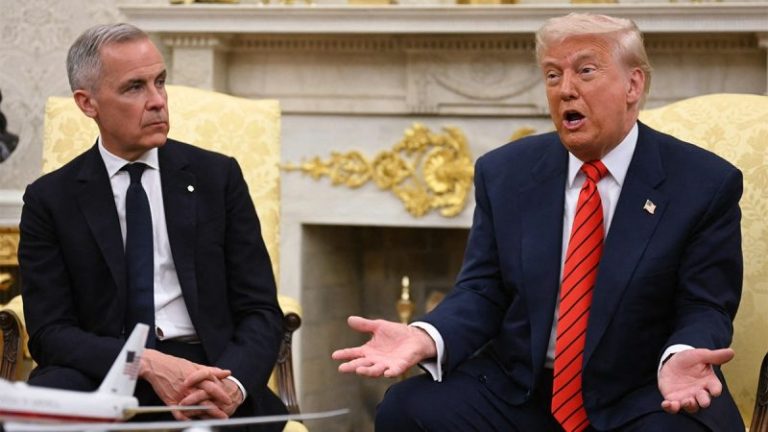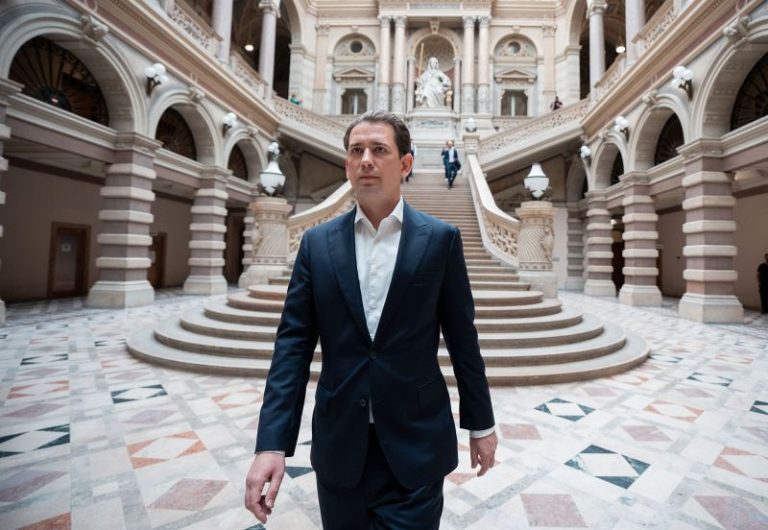Democrats are spending $20 million on a study examining how to speak to ‘American men’ after losing ground with the demographic during the 2024 election cycle, The New York Times revealed.
‘Speaking with American Men: A Strategic Plan’ is a $20 million project crafted by Democrats to ‘study the syntax, language and content that gains attention and virality in these spaces’ of male voters, the Times reported Sunday.
Known as ‘SAM,’ the study will specifically examine young male voters and how the party can connect with the demographic. Additionally, the study advised rolling out pro-Democrat ads in video games.
The study’s revelation was made in an overarching article detailing the uphill battle Democrats face after the 2024 election, which included Democrats scrambling to replace former President Joe Biden as the nominee with just more than 100 days left in the election cycle and ultimately delivering all seven battleground states to President Donald Trump.
‘The Democratic Party’s tarnished image could not come at a more inopportune moment,’ the article detailed. ‘In this era of political polarization, the national party’s brand is more important and influential than ever, often driving the outcomes of even the most local of races.’
In response, Democrat operatives and donors have gathered at swank hotels to craft plans on how to draw back the working class and male voters, the Times reported.
Trump made big in-roads with the male vote during the 2024 election cycle. A Fox News Voter Survey published in November 2024 found that men aged 18–44 supported Trump at 53%, compared to former Vice President Kamala Harris’ 45%.
While The Associated Press found that more than half of male voters under the age of 30 voted for Trump instead of Harris — including roughly six-in-10 White male voters supporting Trump — about one-third of Black male voters supported Trump, as did about 50% of young Latino male voters.
Trump’s support among young Black and Latino male voters jumped by about 20% compared to his 2020 support, the AP reported.
Democratic strategist Michael Ceraso told Fox News Digital on Tuesday that he does not take issue with Democrats investing in voter engagement strategies but added that he found it ‘hilarious’ that ‘people in suits are hanging out at luxury hotels asking how they can talk to day-to-day Americans.’
‘We’re having an issue with the messenger more than the message,’ Ceraso said, arguing that voters support longstanding Democratic policies such as affordable housing, but that ‘Democrats just need to take a reality check’ on how they convey their messaging to voters.
‘I just don’t understand how, after all these years and all these Democrats who’ve been in the game, how we continue to make those same choices,’ he added. ‘Like Rahm Emmanuel, or all these sort of big names, they’re just like, ‘Yeah, we’re going to figure out how to win in, you know, rural North Carolina by hanging out in a New York hotel.’ That makes no sense to me. And strategically, I don’t care how much money you spend on focus groups, if you’re doing that, you’re just negating any type of investment you’re putting into how to have a conversation with voters.’
Democrats spending millions studying American male ‘syntax’ sparked condemnation from conservatives and Democrats alike on social media, Fox News Digital found.
‘Democratic donors treating men like an endangered species on a remote island they need to study probably won’t rebuild trust,’ MSNBC contributor Rotimi Adeoy posted to X in response to the Times’ report. ‘This kind of top-down, anthropological approach misses the point: people don’t want to be decoded, they want to be understood and met where they are.’
‘The idea that you can ‘fix’ the male voter problem that exists with Black, Latino, and white men by spending $20 million to study their syntax like they’re a foreign culture is exactly why there’s a disconnect,’ Adeoy continued. ‘These voters aren’t a research subject. They’re citizens.’
Chief political analyst at the Liberal Patriot, Michael Baharaeen, posted to X, ‘This really says it all,’ in response to a tweet quoting the article regarding how ‘Democratic donors and strategists have been gathering at luxury hotels to discuss how to win back working-class voters, commissioning new projects that can read like anthropological studies of people from faraway places.’
‘The fact that Democrats need to drop $20 million just to figure out how to speak to American men tells you everything you need to know. This is the same move they pull on black people. They don’t care about you they only care about your vote!’ conservative podcaster DeVory Darkins posted to X.
‘Democratic donors are planning to spend $20 million to figure out how to talk to dudes,’ polster Frank Luntz posted to X.
A handful of critics reposted a video from the 2024 campaign cycle that featured men declaring they were ‘man enough’ to support Harris for president. The grassroots ad went viral in October 2024 as social media commenters panned it as ‘the cringiest political ad ever created’ and pointed out it was created by a former producer for Jimmy Kimmel and featured actors vowing support for Harris.
The video featured six self-described manly men who claimed they were so masculine that they ate ‘carburetors for breakfast’ and were not ‘afraid of bears,’ while adding they also do not fear women and would support Harris for the Oval Office.
‘Remember the month before the election and Democrats tried to relate to men?. Now they’re trying again spending $20 million,’ one social media commenter posted this week, accompanied by the October 2024 video.
This post appeared first on FOX NEWS


